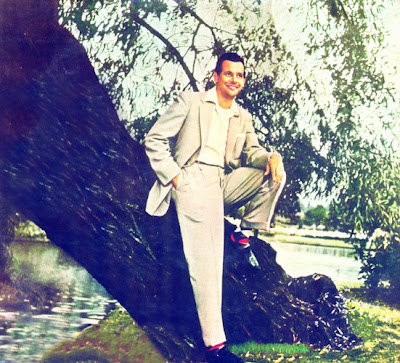Jews have God’s promise...

The city’s Jewish population may be dwindling, but as a leading light of the community puts it, “we have a habit of turning up unexpectedly!” Mathures Paul reports
Even though an extremely small and dwindling community, Kolkata wouldn’t be the pot pourri that it is without its Jewish population. The first Jew to arrive in the city, it is said, was one Shalon ben Aharon ben Obadiah Ha-Kohen (Shalom Cohen). Cohen was a trader and in 1798 journeyed from Aleppo to Kolkata, the then business capital of India.
With only about 50 members to call their own, the Jews are a close-knit people. And more importantly, one with minimum internal problems.
“It is mostly the elderly who are left in the city. As far as I remember, the last Jewish marriage I attended was in the ‘60s. We have no problem with inter-community marriage; if a Jewish girl chooses to marry outside the religion her children will still be within the fold of the community…” says Ian Zachariah who set foot in Kolkata in 1959 to study at St Xavier’s College.
Upon their arrival, the Jews settled down to fill the spaces between the “white town” and the “black town”. Professionally, most of them opted for real estate business. Buildings like Ezra Mansions, Esplanade Mansions and Chowringhee Mansions owe allegiance to the name of Ezra.
David Joseph Ezra made a fortune in trading, investing much of his money in real estate. His son, Elia David Joseph Ezra, was the city’s first Jewish Sheriff and it was he who constructed the Maghen David synagogue. The Ezra Hospital was built by Elia’s widow.
Other notable Jewish families included the Curlenders, Meyers, Gubbays and Elias. Most of these folks have now migrated to other countries. During World War II, the city housed the largest number of Jews ever – nearly 5,000 of them. Most of them were refugees from Shanghai, Rangoon and as well as Europe.
“When India became independent, many Jews left for the UK, the USA, Canada and so on. In 1948 Israel came into being, offering incentives to bring back the Jewish diaspora. A few younger members left this place because they could not find a suitable match here… Over the years we have learnt the popular languages of the region and though we try out Baghdadi cuisine from time to time, my staple food consists of dal and chapatis. Anti-Semitism is felt across the globe, be it the USA or Australia. But not so in India and that is why the Jewish community here has survived,” says Ms AM Cohen, who arrived in the city 1962. The post-independence exodus, according to some members of the community, was due to Nehru’s economic policies.
Some time back, it was believed – thanks to mis-reporting by some dailies – that the city’s synagogues were being taken over by the Archaeological Survey of India and that the board of the Jewish Girls School had only one Jewish member. These, however, are not true. The synagogues have only been declared national monuments of historical importance. Mr Zachariah adds: “Kolkata has changed and this was inevitable. It was wonderful earlier but it still is a nice city. I’m sure the community will not vanish. We have a habit of turning up unexpectedly!”
Perhaps no discourse on the Jews of Kolkata would be complete without a mention of Nahoum and Sons, the all time favourite pastry shop in New Market. Though the friendly Norman Nahoum is no more, the bakery still churns out the greatest cream rolls and lemon tarts. Unfortunately, the other important institution, the Judean Club, does not exist today – it was closed down in the mid-‘70s for want of members. In its stead stands Treasure Island, a shopping complex.
(The article was published in The Statesman as part of Diversity Matters series)


Comments